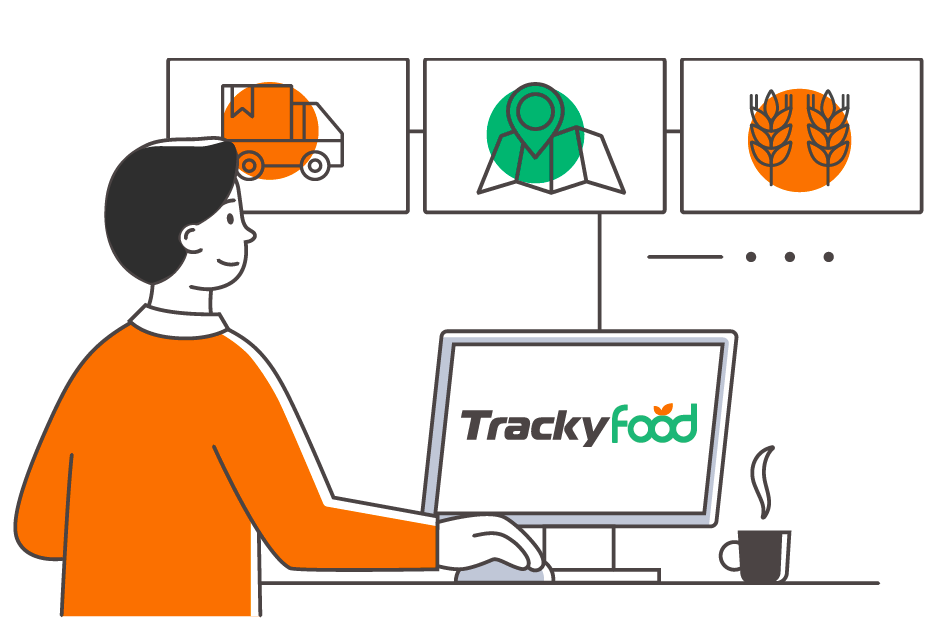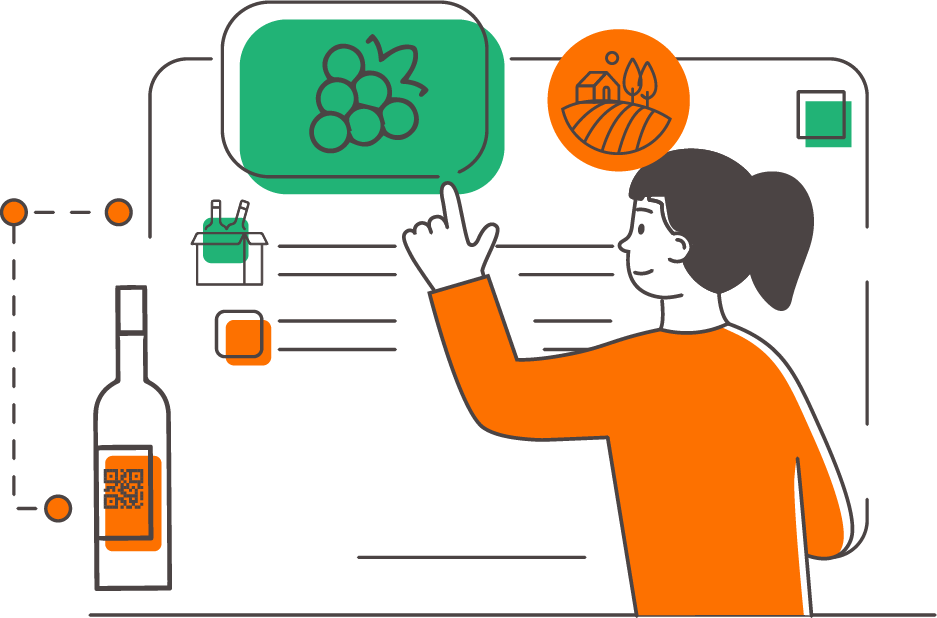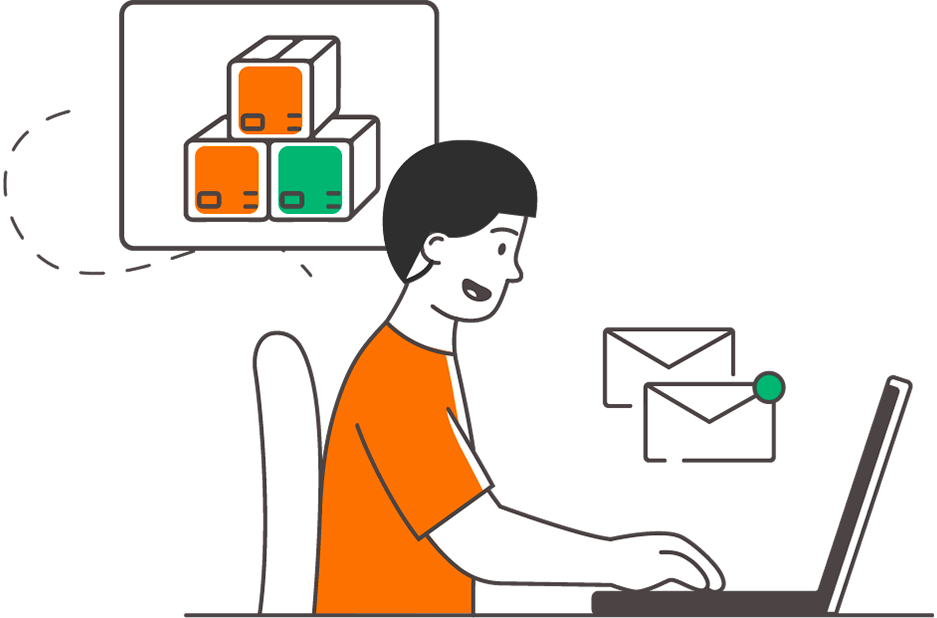
Is a sustainable food system possible?
There is much that the agri-food sector can do to pursue the Sustainable Development Goals set by the United Nation’s 2030 Agenda for Sustainable Development.
The food system has become increasingly impactful on the environment. A large part of the world’s population is used to eating what they want to think about the production process or how the product arrived on supermarket shelves.
Global food system consumption
A study published in the journal Nature Food has led to the development of a database that allows to analyze the environmental impact of food systems.
The food sector accounts for 34% of all climate-changing emissions on the planet. It is also estimated that the sector is responsible for 70% of global freshwater consumption.
It is obvious that the global food system must evolve towards sustainability.
Food System Summit
The UN Secretary-General has convened a UN Food Systems Summit.
The summit is crucial in charting the course on agriculture and food. As stated on the UN website, it wants to promote “actions to make progress on the 17 Sustainable Development Goals, each of which, to some extent, is based on healthier, sustainable and equitable food systems”.
European Union initiatives
Sustainability is therefore the watchword for the agri-food chain. The European Union asks for it through the Green Deal and the Farm to Fork strategy that impose a reduction of pesticides and fertilizers in crops and antibiotics in farms. The Recovery Plan will also grant economic support to those who invest in sustainable innovation.
What's happening in Italy
Between 2016 and 2020, 22 sustainable agrifood startups were born in Italy, 29% of the agri-food startups born in the period considered.
In these companies, circular economy practices are widespread to prevent waste. The role of short supply chains to reduce the distances between producer and consumer and the inequalities between the incomes of small producers and large retailers is rediscovered.
There is growing interest in sustainable packaging, which does not only mean recyclable packaging or made with recycled raw materials, but a tool able to speak to the various players in the supply chain, sharing clear and accessible information, facilitating logistics activities.
Innovative systems for traceability to support sustainability
Technological innovation plays a very important role in this scenario and ranges from technologies for precision agriculture to blockchain-based traceability systems.
Blockchain is one of the most innovative technologies capable of generating benefits both in terms of economic competitiveness and transparency for the entire sector. With this system it is possible to collect and transmit information: ingredients and raw materials, nutritional tables, allergens, dates of production, transport and expiry, packaging characteristics, information on transport and the origin of batches. The impact is positive on the entire supply chain by enabling transparency and information accessibility, facilitating food management and preventing waste by extending the consumer experience beyond the purchase and consumption phase.
Trackyfood si inserisce proprio in questo contesto, offrendo alle aziende servizi innovativi di tracciabilità basati sulla tecnologia blockchain, supportando le aziende nel loro processo di digitalizzazione per aiutarle nel loro contributo alla creazione di sistemi alimentari realmente sostenibili.
More news
Read the news we have selected for you. Lots of curiosities and information on the world of food.
The 5 Myths About Food Traceability
Food traceability has become an essential component of the mod..








